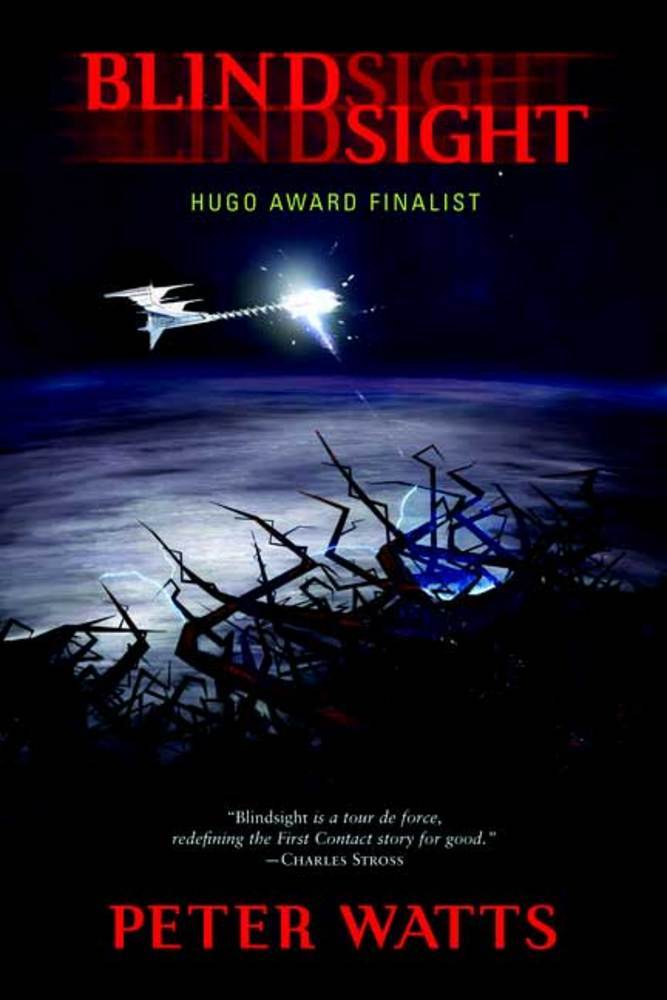


Usually the heat stabs up in boiling muddy pillars or jagged bolts of superheated liquid. "In a few places, the rift is almost gentle. I loved the setting, with vivid descriptions of a barely-familiar world that make the extreme underwater environment come alive. While this makes sense from one perspective (why would a character think much about the structure of the national government or an energy corporation?), it means that some of the mystery is just from lack of understanding, not actually conspiracy, so it makes the plot actually less dramatic than it could. The information is very much in the moment and character-focused, so there isn't a great deal of backstory. The writing is solid, integrating scientific concepts and world-building with excellent description. By the time she reaches her cubby she's feeling almost sorry for Fischer." It decays exponentially with elapsed time. This anger is nowhere near critical mass it's just a reflex, really, a spark budded off from the main reservoir. "'I'm fine.' She isn't, but she's getting there. Oh, there's the physical modifications, of course-removing the left lung to make room for adaptive equipment, a little gene-splicing to help human enzymes adapt-but more important are the psychological traits that allow some people to cope.

Only their scientists have found that it takes an unusual sort of person to tolerate living at the bottom of the ocean. Deep in the abyss of the sea, on the Juan de Fuca Rift where two tetonic plates come together, the GA corporation has built Beebe, an outpost for farming geothermals. Starfish begins with some of the best stuff of science fiction, pushing the boundaries of what we know about our environment humanity living on the edge. In between there are girders and anchor lines, conduits and cables, metal armor and Lenie Clark." There's an airlock for divers at the south pole and a docking hatch for 'scaphes at the north. "Beebe Station floats tethered above the seabed, a gunmetal-gray planet ringed by a belt of equatorial floodlights. In the second half, Watts loses a bit of focus as he brings in larger issues of both physical change and a dystopian mystery. Combining remote, hazardous deep sea environment with a larger mystery and character study was riveting, and if that at all sounds appealing, I suggest you try it. For the first half of the book, Starfish was shaping up to be one of my best sci-fi reads since Leviathan Wakes.


 0 kommentar(er)
0 kommentar(er)
